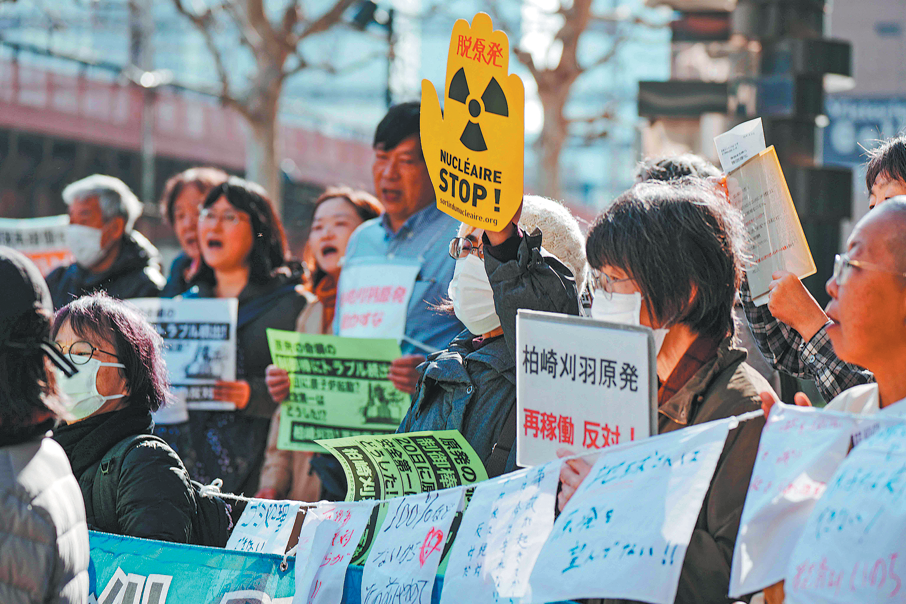Soybean group in US calls for trade sense


Beijing has stressed that the proposed tariff is part of the countermeasures it was forced to take. It said it was also out of concern of protecting the interests of Chinese farmers.
US soybeans sold to China account for 62 percent of its total soybean exports, with 32.85 million tonnes of soybeans exported to China last year, about one third of China's total imports.
"While US farmers can benefit from healthy Sino-US economic ties, the export amount to China was too big," Chinese Vice-Minister of Finance Zhu Guangyao said on Wednesday in Beijing.
"Chinese farmers have petitioned industry associations that US government subsidies hurt the interests of Chinese soybean growers, and China must respect its farmers' demands," Zhu said.
Jon Taylor, professor of political science at the University of St. Thomas in Houston, said it is still quite possible that the trade dispute could get ugly between China and the US.
He warned of the political repercussions of the escalating trade dispute. For example, the 25 percent tariff would be a heavy blow to Iowa, a so-called "swing state" during US presidential elections.
"If we go into a long, sustained period of low prices, it will impact some farmers' ability to stay on the farm," Kirk Leeds, CEO of the Iowa Soybean Association, told the Des Moines Register in an article on Wednesday. Iowa is the leading producer of soybeans in the US.
Taylor said that effectively managing China-US economic and trade relations, particularly in the context of geopolitical considerations, is one of the most significant challenges facing both Trump and his administration.
"The Trump administration would be well served by changing their current protectionist approach and pursue constructive engagement with China," Taylor said.
William Zarit, chairman of the American Chamber of Commerce in China, said he hopes Washington and Beijing will not follow through on their "threats". Instead, they should work toward a "serious negotiation", The Associated Press reported on Wednesday.
Soybean futures fell as much as 5 percent on Wednesday, their biggest intraday loss since July 2016, and went on to close down by 4 percent.
Paul Welitzkin in New York contributed to this story.































